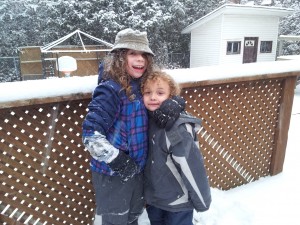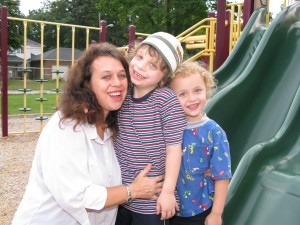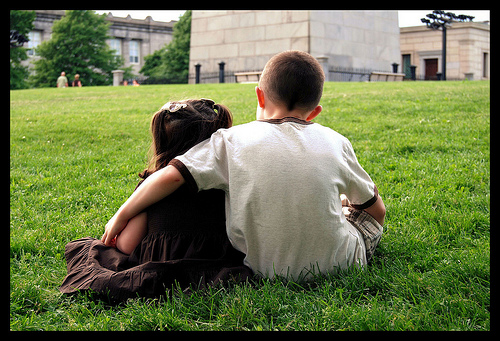I hope that George knows I will always support him in whatever he wants to do, and that I will never see his autism as an obstacle.
I hope that when I am weathering the challenges of autism with George, I am acting in a way that helps him instead of hindering him.
I hope that James knows I understand how tough it must be, being the sibling of a child with autism.
I hope that James knows how immensely I value him as an individual in his own right, and that he is not defined by virtue of being George’s brother.
I hope that George knows he is not defined by autism, but that autism is just one part of who he is.
I hope that the moments of weakness that I have – those times when my desperation and sense of being overwhelmed spill over – do not undermine my kids and cause them lasting damage.
I hope that my better moments – the laughter and the hugs and the words of encouragement – build up their confidence and self-esteem.
I hope that I can always be the kind of autism mom who never gives up a fight, no matter how hard and scary it can be.
I hope that when I talk to strangers about autism, or when I write about it, I am doing so in a way that will help both of my kids as they navigate their way through life.
I hope that I will have the courage to stand up to anyone who ever tries to hurt my kids.
I hope that my kids know that when autism parenting just gets too hard for me to handle and I need to spend time by myself, it’s not because of them. It’s because of my own fears and insecurities that I want to protect them from.
I hope that my kids know I love them without reservation, without boundaries, and beyond the ends of time.
(Photo credit: Kirsten Doyle)












